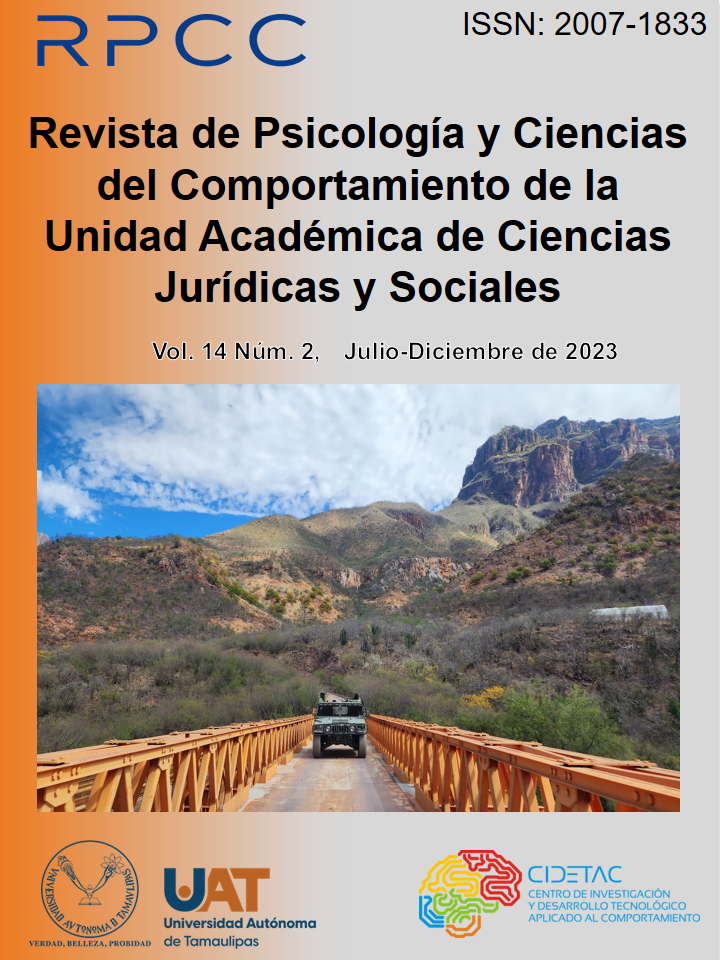Asociación entre creencias racionales e irracionales y la satisfacción con la vida: una revisión sistemática con meta-análisis
DOI:
https://doi.org/10.29059/rpcc.20231201-166Keywords:
psychotherapy, irrational demands, rational preferences, cognitive distortions, subjective well-beingAbstract
Rational Emotive Behavioral Therapy (REBT) is a psychotherapy whose aim is to improve well-being by decreasing irrational beliefs (IBs) and increasing rational beliefs (RBs). The REBT is implemented internationally, but few studies validate its theoretical assumptions, particularly on positive psychological variables, such as life satisfaction (LS). The aim was to analyze if the evidence corroborates the theoretical assumptions of the REBT, where the SV should be negatively associated with the IBs, and positively with the RBs. A systematic review with meta-analysis based on the PRISMA statement was performed. Studies from any date that statistically estimated the association between RBs, and IBs with LS, in any population, were included. 11 studies met the inclusion criteria. The results show contradictions to the assumptions of the REBT. Some RBs and IBs were not significantly associated with LS, and even some IBs positively predicted SV. In conclusion, future studies could corroborate these results and suggest relevant updates to the REBT assumptions.
Downloads
Published
Issue
Section
License

This work is licensed under a Creative Commons Attribution-NonCommercial-ShareAlike 4.0 International License.
Those authors who have publications with the Journal of Psychology and Behavioral Sciences of the Academic Unit of Legal and Social Sciences, accept the following terms:
a. The authors will retain their copyright and guarantee the journal the right to first publish their work, which will be simultaneously subject to the Creative Commons Attribution-NonCommercial-Share Alike 4.0 International License. which allows third parties to share the work as long as its author and his first publication are indicated this journal.
b. Authors may adopt other non-exclusive license agreements for the distribution of the version of the published work (e.g., deposit it in an institutional telematic archive or publish it in a monographic volume) provided that the initial publication in this journal is indicated.
C. Authors are allowed and recommended to disseminate their work through personal communication (e.g. colleagues) before and during the submission process, for purposes of feedback or enrichment of the work, which can produce interesting exchanges








